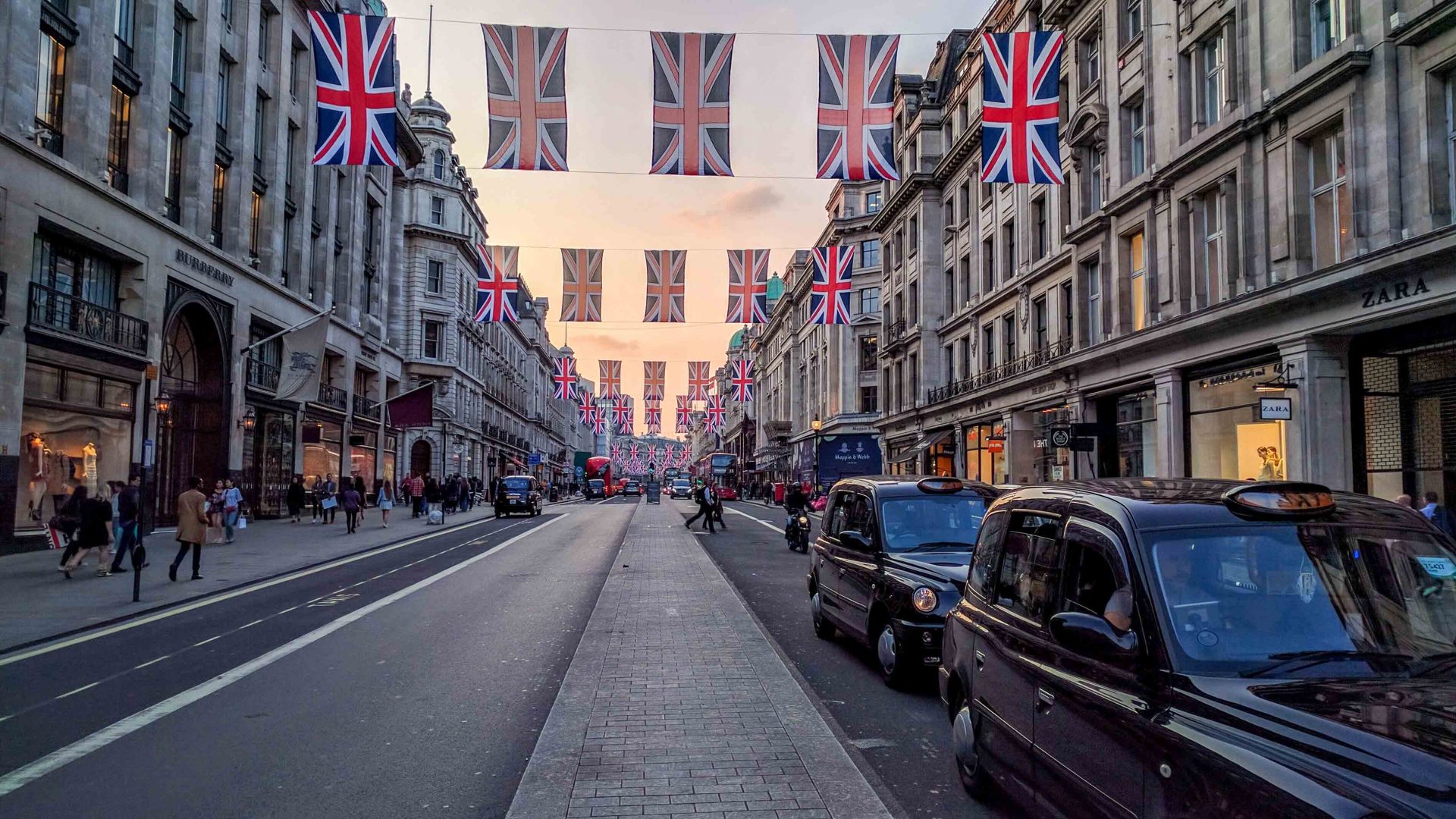It’s been a year since the UK voted to leave the European Union. So what happens now as Brexit negotiations begin and what’s the potential impact on UK travel and tourism?
In March, the ‘triggering’ of Article 50 officially set the Brexit process in motion. And, after months of speculation (which included a surprise general election that threw even more uncertainty into the Brexit pot), negotiations for the removal of the UK from the European Union eventually began on Monday, June 19.
But do you want your Brexit ‘hard’ or ‘soft’? That’s the question looming over the UK right now, one year since the UK voted, by 52 percent to 48 percent (on a high turnout of 72 percent), to leave the European Union (EU). And how will Brexit, in whichever form it takes, impact travel to or from the UK?
Soft or hard, it’s as confusing now as it ever was. The question may as well be, do you want your Brexit fried, poached or boiled. The current status is certainly a little scrambled.
When it comes to travel, one of the biggest concerns is borders. UK citizens enjoy borderfree travel and a place in the EU Citizens queue at passport control. There’s been talk of visas or at the very least, a form similar to the ESTA for US travel. While it’s hoped a new agreement will prevent either, nothing can be ruled out given the lack of knowledge about the UK’s Brexit strategy.
The ability to live and work in Europe, visa-free, may also be affected. Likewise, many EU nationals also work in the UK’s travel, tourism and hospitality industries. According to ABTA (The Association of British Travel Agents), 44 percent of travel and tourism spending in the UK is by EU nationals, and when UK travelers go abroad, 56 percent of their spend is in EU countries. That’s no small amount. Add to that the million-plus UK citizens also live in Europe, either as their main or second home. (Not to mention the thousands of EU citizens who have made the UK their home, and work acros many sectors from tourism to health.)










